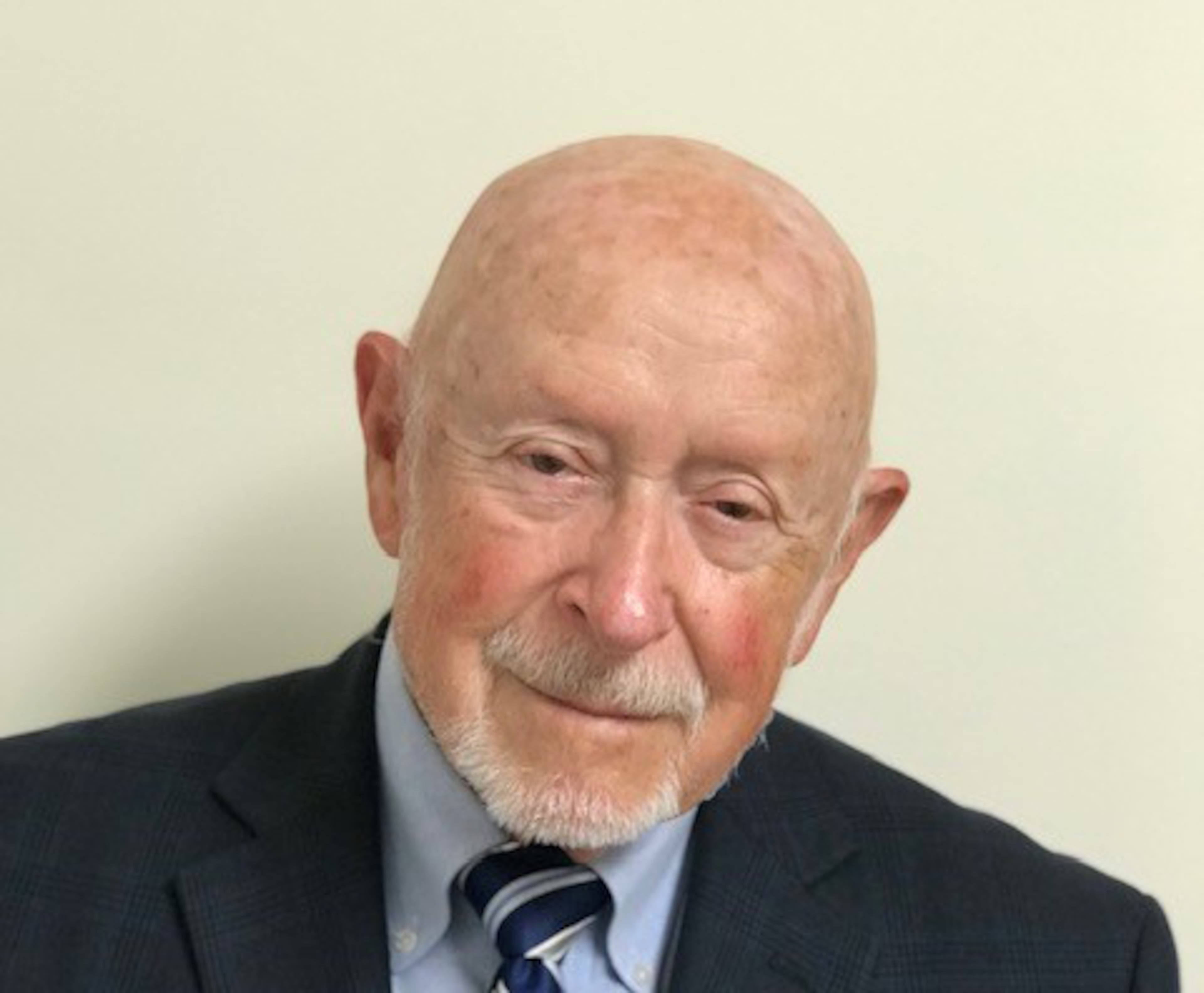Opinion: A practical, possible solution to the Buckhead problem

Buckhead’s problem is not cityhood, it’s public safety.
The Buckhead cityhood movement is driven by a service delivery issue in an area of the city of Atlanta occupied by 100,000 residents. The principal concern of these residents is crime. They are frustrated by Atlanta’s inability to provide a higher level of police protection to combat the increasing incidence of crime in their commercial and residential neighborhoods.
Throughout the ongoing debate about the Buckhead cityhood movement, its supporters rarely mention a perceived inadequacy of other Atlanta services, such as fire protection.
A study funded by the supporters of the Buckhead cityhood movement focuses principally on numbers, i.e. the amount of annual revenue needed to fund the new city, including the funding of police, fire and administrative expenses. According to the study, about a third of the new city budget would be for policing. It fails to address the broader social, political and economic issues of starting a new city.

Creating a new city in order to abate the sole service delivery issue of crime just doesn’t make good sense or even seem practical, particularly when this approach would result in a substantial fiscal loss to our capital city and its public schools. Carving out a new city from Atlanta would bring substantial harm to the city by diminishing its political, business and economic standing nationally, weaken its financial health, undermine its school system and jeopardize its participation in federal and state grant and assistance programs.
It’s worthy to note that Atlanta has invested massively in water and sewer infrastructure, and Buckhead residents and businesses have benefited greatly from that investment. Consideration should also be given to the long-term impact on the bond market and the bonding capacity of the two cities.
There is another avenue to solve the Buckhead crime issue short of creating a new city.
That avenue may be found in the Georgia Constitution. Article IX, Section II, Paragraph VI of the Constitution authorizes the creation of special service districts for the provision of local government services and the levy of taxes, fees and assessments within these districts to pay for the services.
The Constitution authorizes three methods for the creation of special service districts: 1) by general law that directly creates the district, 2) by general law that creates the district subject to specified conditions and 3) by municipal or county ordinance or resolution.
There is at least one example of a police special service district in Georgia. The residents of Sea Island were also concerned about crime, and they approached the Glynn County Commission requesting a precinct office and more police presence. The county commission responded that they could not justify funding a higher level of service than was provided countywide. The residents indicated that they were willing to pay for a higher level of police service, and a special service district was created allowing the establishment of a small precinct office manned by county police.
Unless previously superseded by general law, the city of Atlanta could by ordinance create a special service district to embrace the geographic territory proposed by the supporters of the Buckhead cityhood movement. Concomitant with the creation of the new service district, there would be a determination of the police service level necessary to alleviate Buckhead’s crime problem and the method of financing this higher level of service within this new geographic area of the city. This approach would necessitate buy-in from Buckhead residents and business owners as to what they are willing to pay for extra police protection.
The creation of a special service district for police is a practical solution for addressing the Buckhead public safety problem. It also avoids the negative political, social and economic impact on Georgia’s capital city.
James V. Burgess Jr. is a retired executive director of the Georgia Municipal Association. He also served as mayor of Social Circle following his retirement. As an attorney, he has worked with local governments for more than 50 years.


